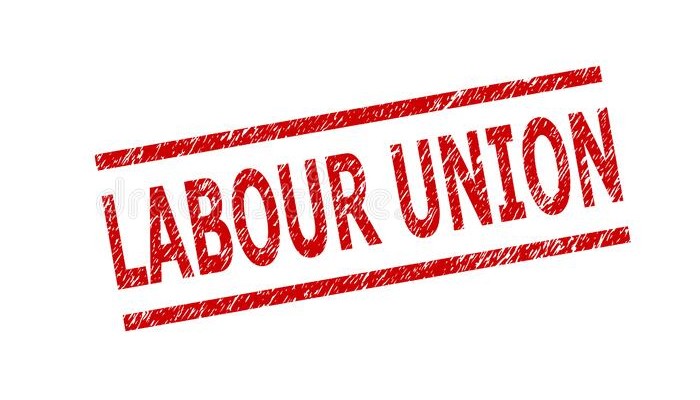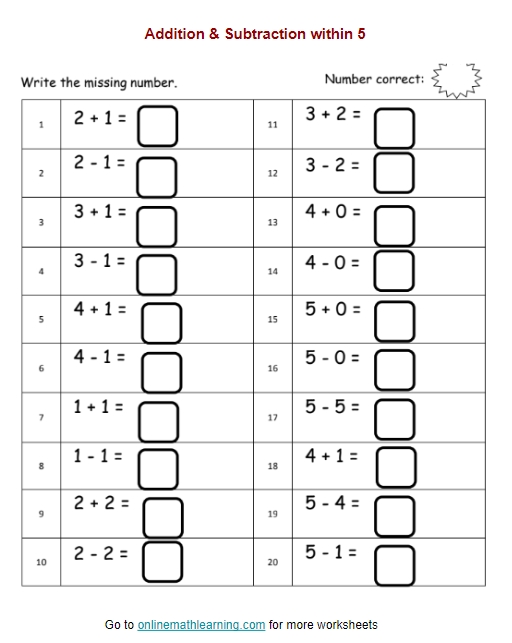5 Ways to Protect Workers Rights

Understanding the Importance of Workers' Rights
Workers’ rights are fundamental human rights that are essential for promoting social justice, equality, and dignity. These rights are enshrined in various international laws and conventions, including the Universal Declaration of Human Rights and the International Labour Organization’s (ILO) core conventions. Despite their importance, workers’ rights are often violated, leading to exploitation, discrimination, and poverty. It is crucial for governments, employers, and trade unions to work together to protect workers’ rights and promote a fair and just work environment.
1. Establishing Strong Labour Laws and Regulations
Strong labour laws and regulations are essential for protecting workers’ rights. Governments must establish and enforce laws that regulate working hours, wages, and working conditions. These laws should also provide protection against discrimination, harassment, and unfair dismissal. In addition, governments should establish institutions that can monitor and enforce compliance with labour laws, such as labour inspectorates and tribunals.
Key labour laws and regulations:
- Minimum wage laws
- Working hours regulations
- Health and safety laws
- Anti-discrimination laws
- Labour inspection laws
2. Promoting Collective Bargaining and Trade Unionism
Collective bargaining and trade unionism are critical for protecting workers’ rights. Trade unions provide a platform for workers to negotiate with employers and governments, promoting fair wages, better working conditions, and social protection. Governments should support the formation of trade unions and ensure that employers recognize and negotiate with them.
Benefits of collective bargaining:
- Improved wages and working conditions
- Enhanced job security
- Increased worker participation in decision-making
- Promoting social dialogue and cooperation
3. Enhancing Workplace Safety and Health
Workplace safety and health are critical aspects of workers’ rights. Employers must ensure that workplaces are safe and healthy, providing necessary training and equipment to prevent accidents and injuries. Governments should also establish laws and regulations that promote workplace safety and health, and provide support for workers who are injured or fall ill at work.
Workplace safety and health measures:
- Risk assessments and hazard identification
- Providing personal protective equipment
- Training and capacity-building for workers
- Regular workplace inspections
4. Preventing Child Labour and Forced Labour
Child labour and forced labour are serious violations of workers’ rights. Governments, employers, and trade unions must work together to prevent these practices, ensuring that children are not exploited and forced to work in hazardous conditions. Governments should establish laws and regulations that prohibit child labour and forced labour, and provide support for victims.
Preventing child labour and forced labour:
- Establishing minimum age laws
- Providing education and training for children
- Supporting victims of child labour and forced labour
- Conducting regular inspections and monitoring
5. Providing Social Protection and Support for Workers
Social protection and support are essential for promoting workers’ rights. Governments should establish social protection programs that provide support for workers who are injured, ill, or unemployed. These programs should include unemployment benefits, health insurance, and pension schemes.
Social protection programs:
- Unemployment benefits
- Health insurance
- Pension schemes
- Training and capacity-building programs
📝 Note: These measures are not exhaustive, and governments, employers, and trade unions must continue to work together to promote and protect workers' rights.
Conclusion
Protecting workers’ rights is essential for promoting social justice, equality, and dignity. Governments, employers, and trade unions must work together to establish strong labour laws and regulations, promote collective bargaining and trade unionism, enhance workplace safety and health, prevent child labour and forced labour, and provide social protection and support for workers. By taking these measures, we can create a fair and just work environment that promotes human rights and dignity.
What are the key labour laws and regulations that protect workers’ rights?
+
Key labour laws and regulations include minimum wage laws, working hours regulations, health and safety laws, anti-discrimination laws, and labour inspection laws.
What is the importance of collective bargaining and trade unionism in protecting workers’ rights?
+
Collective bargaining and trade unionism promote fair wages, better working conditions, and social protection, and provide a platform for workers to negotiate with employers and governments.
What measures can be taken to prevent child labour and forced labour?
+
Measures to prevent child labour and forced labour include establishing minimum age laws, providing education and training for children, supporting victims of child labour and forced labour, and conducting regular inspections and monitoring.
Related Terms:
- Workers Rights Practice Worksheet pdf



